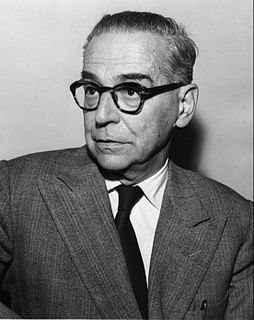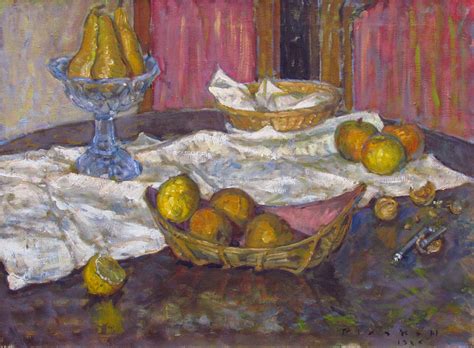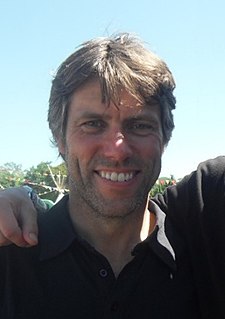A Quote by Henri Matisse
A young painter who cannot liberate himself from the influence of past generations is digging his own grave.
Related Quotes
It is often to be observed, that as in digging for precious metals in the mines, much earthly rubbish has first to be troublesomely handled and thrown out ; so, in digging in one s soul for the fine gold of genius, much dulness and common-place is first brought to light. Happy would it be, if the man possessed in himself some receptacle for his own rubbish of this sort: but he is like the occupant of a dwelling, whose refuse cannot be clapped into his own cellar, but must be deposited in the street before his own door, for the public functionaries to take care of.
Do what he will, he [the profane man] is an inheritor. He cannot utterly abolish his past, since he himself is a product of his past. He forms himself by a series of denials and refusals, but he continues to be haunted by the realities that he has refused and denied. To acquire a world of his own, he has desacralized the world in which his ancestors lived; but to do so he has been obliged to adopt an earlier type of behavior, and that behavior is still emotionally present in him, in one form or another, ready to be reactualized in his deepest being.
There comes a time when a man finds himself in front of a dark uncrossable abyss, which he himself has spent years digging. He cannot go forward, and has no way back. Words have failed, tears won't help, and who would he call out to? He can't even remember his own name. Then the man sees that on this god's green earth there is but one true suffering: the torment of guilty conscience.
Everybody is looking with his own world of desires, expectations, passions, lust, greed, anger. There are a thousand and one things standing between you and your world; that's why you don't ever see it as it is. Once your eye is completely clean, clean of all the dust, once it becomes a pure mirror, it reflects that which is. And that is truth and truth liberates, but it has to be your own. My truth cannot liberate you, Buddha's truth cannot liberate you. There is only one possibility of liberation, that is your own truth. And all that you have to do is to create a dispassionate eye.
If a person is cold and rigid, he feels within himself as if he were in a grave. He is not living, he cannot enjoy this life for he cannot express himself and he cannot see the light and life outside. What keeps man from developing the heart quality? His exacting attitude. He wants to make a business of love. He says, 'If you will love me, I will love you.' As soon as a man measures and weighs his favors and his services and all that he does for one whom he loves, he ceases to know what love is. Love sees the beloved and nothing else.
I think a lot of people, not all of them, but a bunch of TV people put Donald Trump on television thinking he's making a fool of himself and thinking that he's making a fool of the GOP. I think early on that's what the Republican establishment thought. "Oh, let's hear more of this guy. He's just helping us left and right. He's digging his own grave here."
When the father dies, he writes, the son becomes his own father and his own son. He looks at is son and sees himself in the face of the boy. He imagines what the boy sees when he looks at him and finds himself becoming his own father. Inexplicably, he is moved by this. It is not just the sight of the boy that moves him, not even the thought of standing inside his father, but what he sees in the boy of his own vanished past. It is a nostalgia for his own life that he feels, perhaps, a memory of his own boyhood as a son to his father.
First of all, although men have a common destiny, each individual also has to work out his own personal salvation for himself in fear and trembling. We can help one another to find the meaning of life no doubt. But in the last analysis, the individual person is responsible for living his own life and for "finding himself." If he persists in shifting his responsibility to somebody else, he fails to find out the meaning of his own existence. You cannot tell me who I am and I cannot tell you who you are. If you do not know your own identity, who is going to identify you?








































